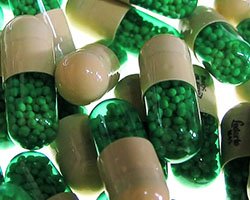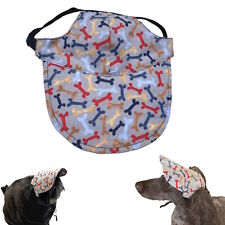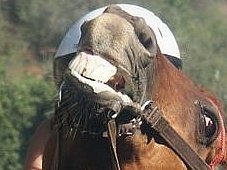Vets Brief Congress Against Proposed Antibiotic Bans
House of Representatives Bill 1549 and Senate Bill 619 called "the Preservation of Antibiotics for Medical Treatment Act (PAMTA)" proposes to limit the use of antibiotics in new animal health drugs unless "the applicant demonstrates that there is a reasonable certainty of no harm to human health due to the development of antimicrobial resistance attributable to the nontherapeutic use of the drug". The American Veterinary Medical Association (AVMA) is strongly opposed to the bills and their scientific experts have twice testified before Congress that broad-based antibiotic bans, such as PAMTA, would have adverse effects on animal and public health.
Two educational sessions were held by the American Veterinary Medical Association (AVMA) with honorary hosts Rep. Kurt Schrader, DVM, (D-Ore.) and Sen. John Ensign, DVM, (R-Nev.), the only veterinarians serving in Congress. The discussions allowed congressional staffers to learn about when and how veterinarians utilize antibiotics to keep both food supply animals and household pets disease-free. Speaking at the briefings as an expert in livestock medicine, Dr. Lloyd Keck, a worldwide animal health consultant to the poultry industry and former AVMA Congressional Science Fellow, dispelled arguments related to human antibiotic-resistance risks.
"Antibiotics are necessary for veterinarians to protect the health and well-being of animals," Dr. Keck said. "Benefits to animals and people outweigh the current risk associated with bacterial resistance. Going forward, we need to let good sense and good science guide this issue."
The AVMA has vowed to continue to emphasize the importance of judicious use of antibiotics, and to continue efforts to educate Congress about how the health of the nation’s animals impacts human health – both via the food supply and through direct contact with pets.











